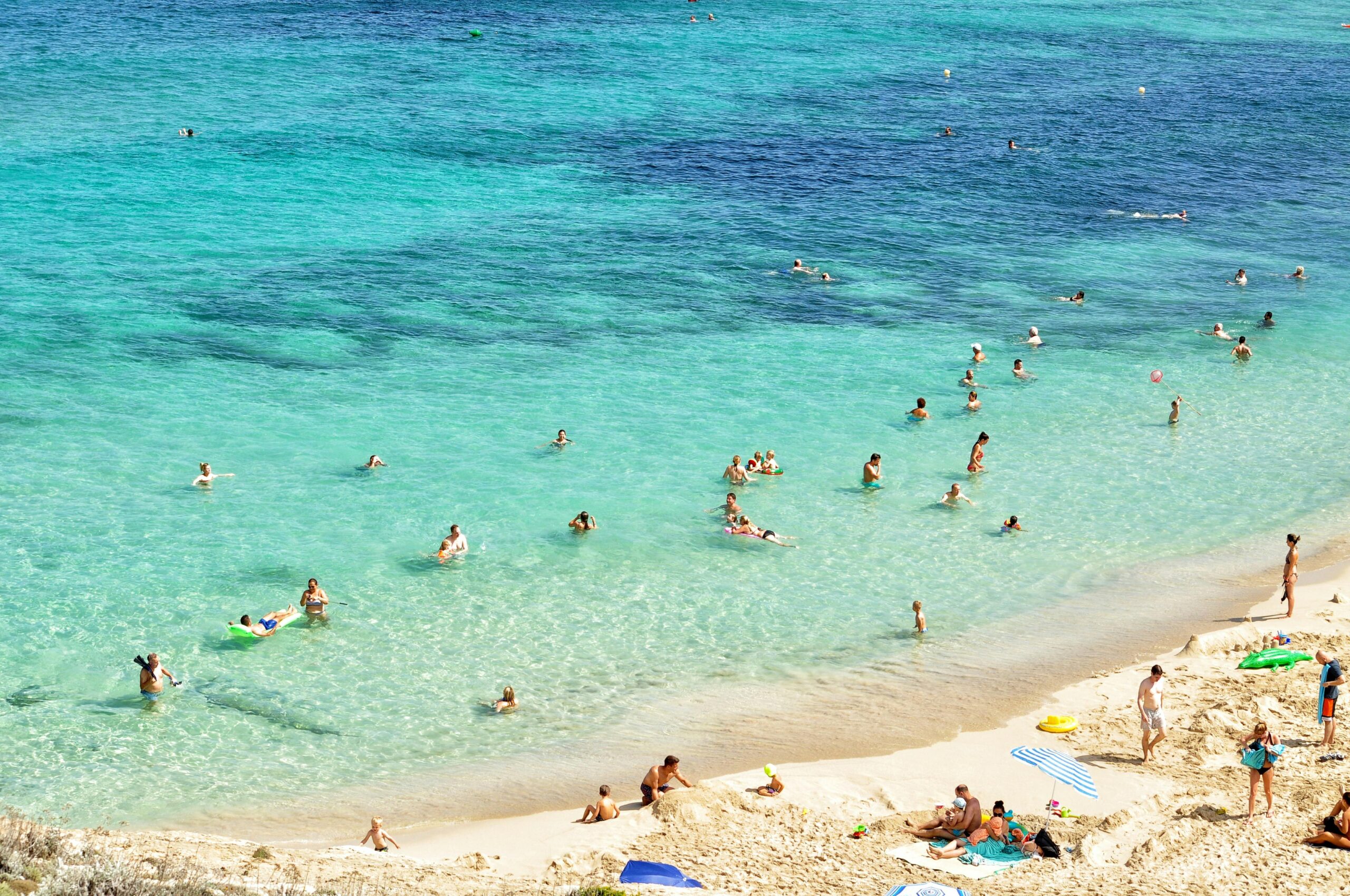SPAIN’S coastal holiday rental market is shrugging off the anti-tourism sentiment as 84% of properties within 15 kilometres of a beach are already booked in August.
The figures represent a marginal dip from last year’s 84.9% occupancy rate, but industry bosses insist the data demonstrates the sector’s resilience amid growing regulatory pressure from regional governments.
Mallorca has emerged as the undisputed champion of summer bookings, with a staggering 98.4% of its coastal holiday rentals already snapped up for August, according to new research from rental platform Rentalia.
The Balearic island’s popularity continues to soar among holidaymakers seeking guaranteed sunshine and pristine beaches.
Fellow Balearic island Menorca isn’t far behind at 94.4% occupancy, while Asturias on Spain’s northern coast has surprised many by claiming third place with 90.9% of properties booked.
The Canary Islands are showing particularly strong year-on-year growth, with Tenerife jumping from 69% to 75.2% occupancy compared to August 2024. Gran Canaria has also gained ground, rising from 71.9% to 75.9%.
Almudena Ucha, Rentalia’s director, defended the holiday rental sector against mounting criticism from local authorities.
“The booking data shows the stability of the tourist accommodation sector and its necessity at a time when the number of tourists visiting our coasts increases each year,” she said.
“Holiday rentals are the preferred accommodation option for families with children and groups as they offer exclusive spaces with greater privacy and freedom of schedules. Restricting or banning the holiday rental market, as some administrations propose, would lead to a contraction in accommodation supply and price rises that would affect family holidays.”
The comments come as several Spanish regions consider tightening regulations on short-term rentals, with Barcelona recently announcing plans to ban tourist apartments by 2028. Similar debates are raging across popular destinations including the Balearics and Canary Islands, where locals complain that holiday rentals are pricing them out of the housing market.
On the mainland, Alicante province rounds out the top performers at 90.2%.
However, bargain hunters still have options.
Huelva province in Andalucia offers the best last-minute availability with just 45.6% of coastal properties booked, though this represents a significant drop from last year’s 60.7%. Valencia province (68.1%) and Barcelona province (76%) also have reasonable availability for spontaneous summer getaways.
The research reveals that air conditioning has become the most sought-after amenity, with 86.3% of properties offering cooling systems already reserved. Swimming pools are close behind at 84.6% occupancy, highlighting tourists’ desire for comfort during Spain’s scorching summer months.
Rural tourism is proving even more popular than coastal breaks, with an impressive 88.4% of countryside holiday homes across Spain already booked for August.
Despite the political headwinds, Spain’s tourism industry continues to break records, with the country welcoming over 85 million international visitors in 2024. The sector remains crucial to Spain’s economy, contributing approximately 12% of GDP and providing millions of jobs across the country.
Click here to read more Property News from The Olive Press.








